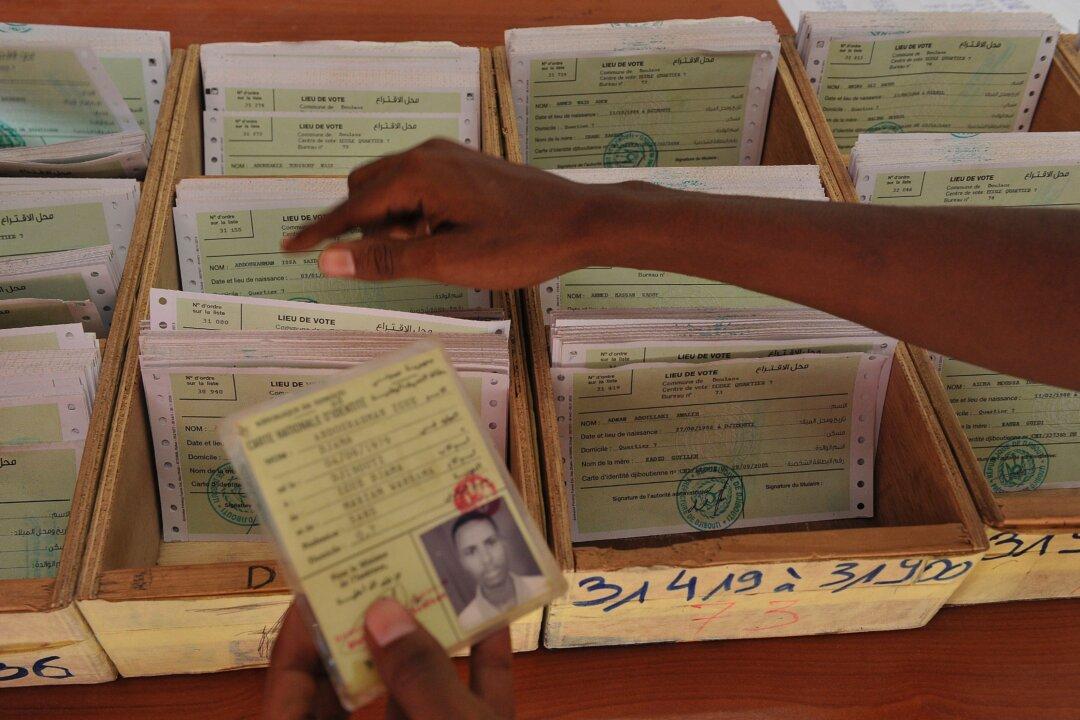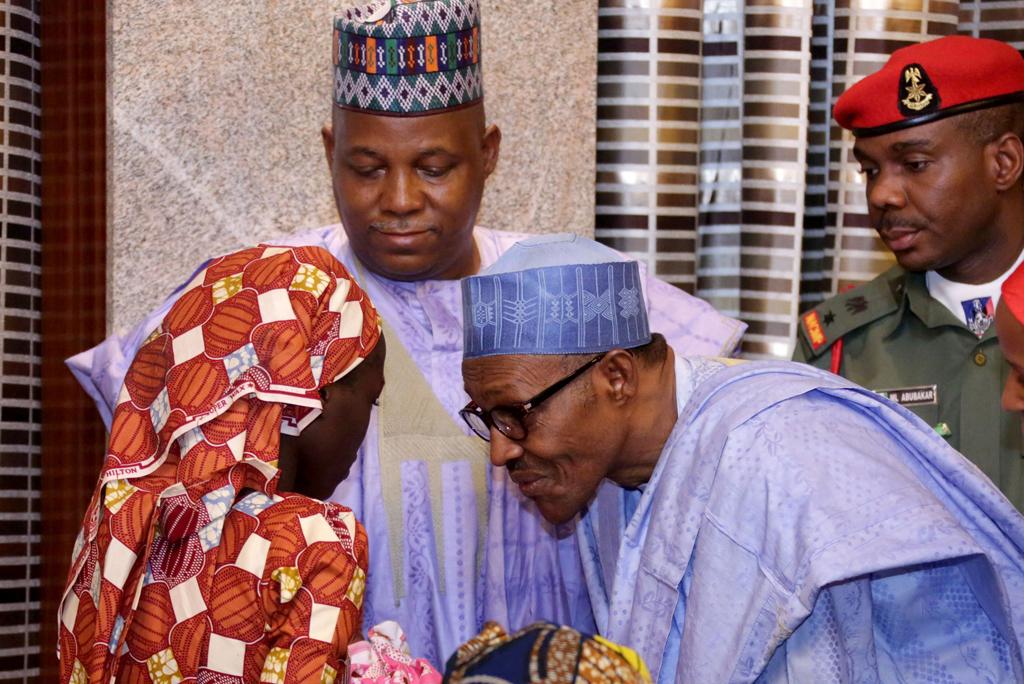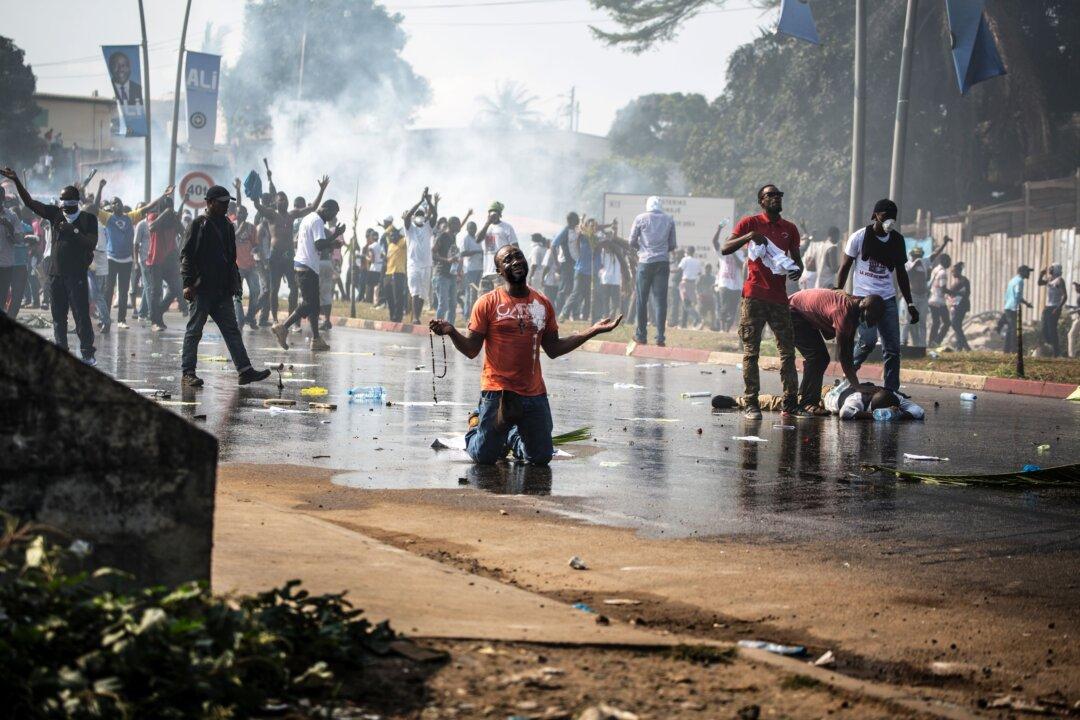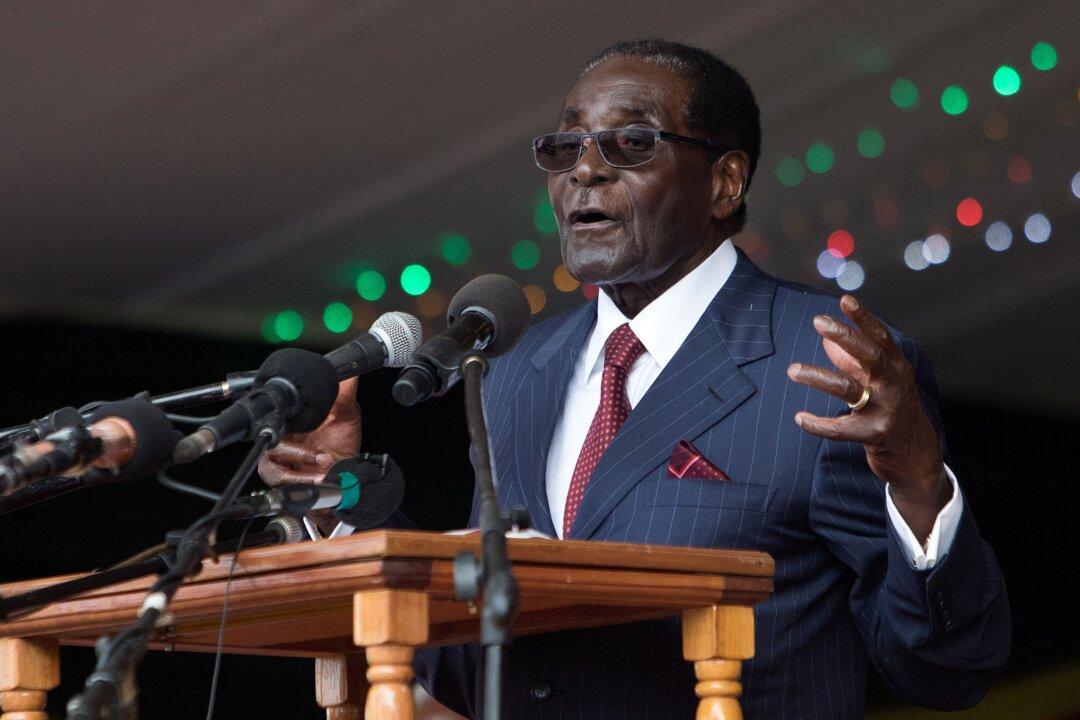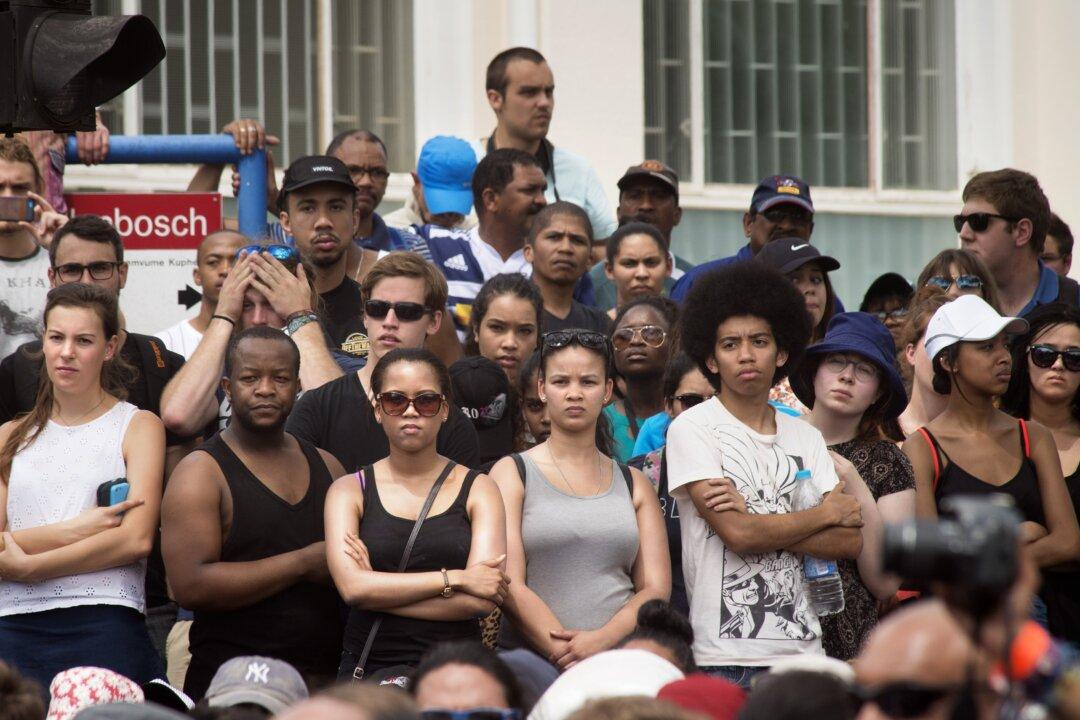Africa is coming off a long run of elections and referendums that embody the good, the bad, and the ugly of the continent’s democracies. In two elections, opposition candidates were either temporarily imprisoned or repeatedly arrested. In two others, electronic media blackouts prevented protests after contentious results began to seem likely. In one, a well-connected, well-educated candidate lost and conceded with grace; elsewhere, results were neither gracefully received nor gracefully won.
The most headline-grabbing election was in Uganda, where President Museveni was (yet again) re-elected and perennial opposition candidate Kizza Besigye (yet again) defeated. While Besigye had more freedom to campaign than in previous elections, he was still arrested three times and basically saw out the election under house arrest.
Still, he did better than Niger’s opposition leader, Hama Amadou, who contested the first round of the presidential election from prison and the second round from hospital in France. President Mahamadou Issoufou proceeded to win the second round by a landslide.
